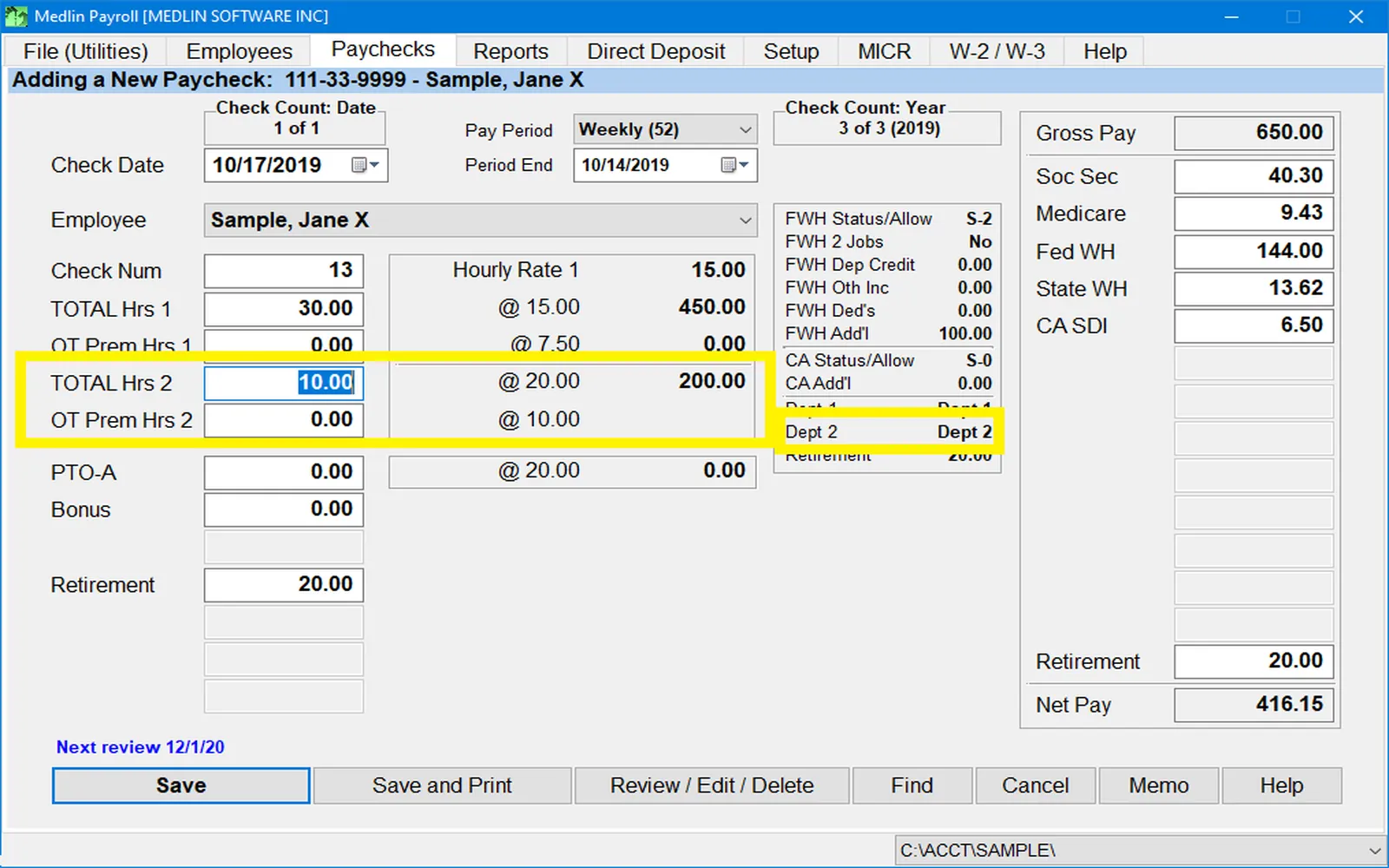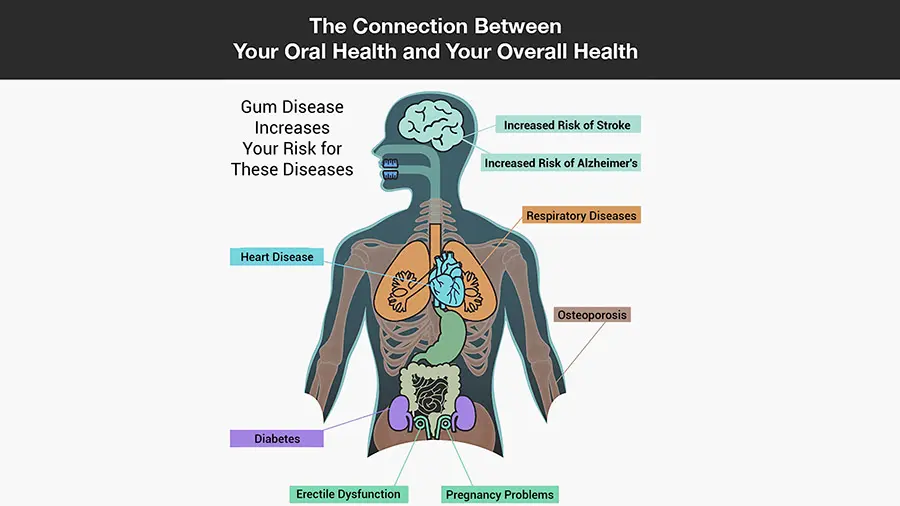As a small business owner, finding the right health insurance solutions can be a daunting task. It's essential to provide your employees with quality benefits while also managing costs effectively. Luckily, there are various options available that can be tailored to meet the unique needs of small businesses. In this article, we will explore different health insurance options for small business owners, their benefits, and how to choose the right plan for your team.
Understanding Health Insurance Options
Small business owners typically have several health insurance options to consider, including:
- Group Health Insurance
- Health Reimbursement Arrangements (HRAs)
- Health Savings Accounts (HSAs)
- Individual Health Insurance
Each of these options has distinct advantages and disadvantages, and understanding them can help you make informed decisions that benefit both your business and your employees.
Group Health Insurance
Group health insurance is one of the most common options for small businesses. This type of insurance allows you to enroll your employees in a single health plan, which can often offer lower premiums than individual plans due to the risk being spread across a larger group. Additionally, many insurance providers offer group plans specifically designed for small businesses, which can be tailored to meet your workforce's needs.
Some benefits of group health insurance include:
- Lower premium costs compared to individual plans
- The ability to offer comprehensive coverage that attracts top talent
- Tax advantages for the business
Health Reimbursement Arrangements (HRAs)
Health Reimbursement Arrangements (HRAs) are another excellent option for small business owners. HRAs allow employers to reimburse employees for qualified medical expenses tax-free. This flexibility can help employees manage their health costs while providing businesses with a customizable approach to benefits.
Key features of HRAs include:
- Employers set a budget for employee reimbursements
- Employees choose how to spend their reimbursement funds on eligible health expenses
- HRAs can be offered alongside group health insurance or as a standalone benefit
Health Savings Accounts (HSAs)
Health Savings Accounts (HSAs) are tax-advantaged savings accounts designed to help individuals save for medical expenses. Small business owners can pair HSAs with high-deductible health plans (HDHPs) to provide their employees with a more affordable health insurance option. Employees can contribute pre-tax dollars to their HSAs, which can then be used to cover out-of-pocket medical costs.
Benefits of HSAs include:
- Tax-free contributions and withdrawals for qualified medical expenses
- Funds roll over year to year, allowing employees to save for future health costs
- Employers can contribute to employees' HSAs, enhancing the overall benefits package
Individual Health Insurance
Some small business owners choose to provide employees with access to individual health insurance plans. This option allows employees to select their own coverage based on personal needs and preferences. While it may not be as cost-effective as group plans, it offers employees the flexibility to choose the coverage that best suits them.
Considerations for offering individual health insurance include:
- Employees may have access to a wider range of plans
- Employers can offer stipends or reimbursements to help cover premiums
- It may be difficult to manage costs compared to group plans
Comparing Health Insurance Solutions
To help small business owners better understand their options, here’s a comparison chart of the different health insurance solutions available:
| Plan Type | Cost | Flexibility | Tax Advantages | Attractiveness to Employees |
|---|---|---|---|---|
| Group Health Insurance | Moderate | Low | Yes | High |
| HRAs | Variable | High | Yes | Moderate |
| HSAs | Low | High | Yes | Moderate |
| Individual Health Insurance | High | High | Limited | Variable |
Conclusion
Choosing the right health insurance solutions for your small business is crucial for attracting and retaining employees. By understanding the various options available, such as group health insurance, HRAs, HSAs, and individual plans, you can tailor your benefits package to meet the specific needs of your workforce. Take the time to evaluate your options and consult with a benefits advisor to ensure that you make the best choice for your business and your employees' health.









